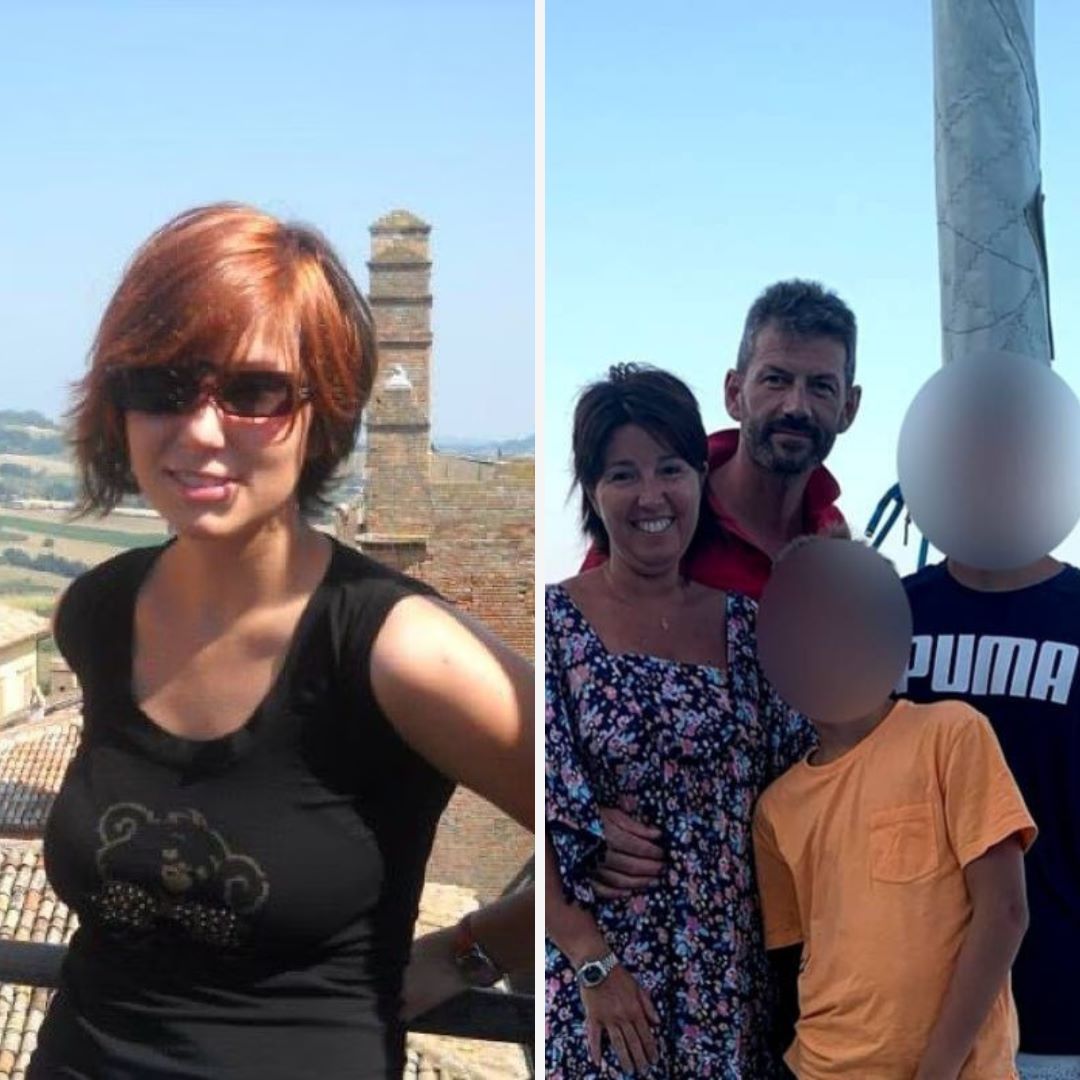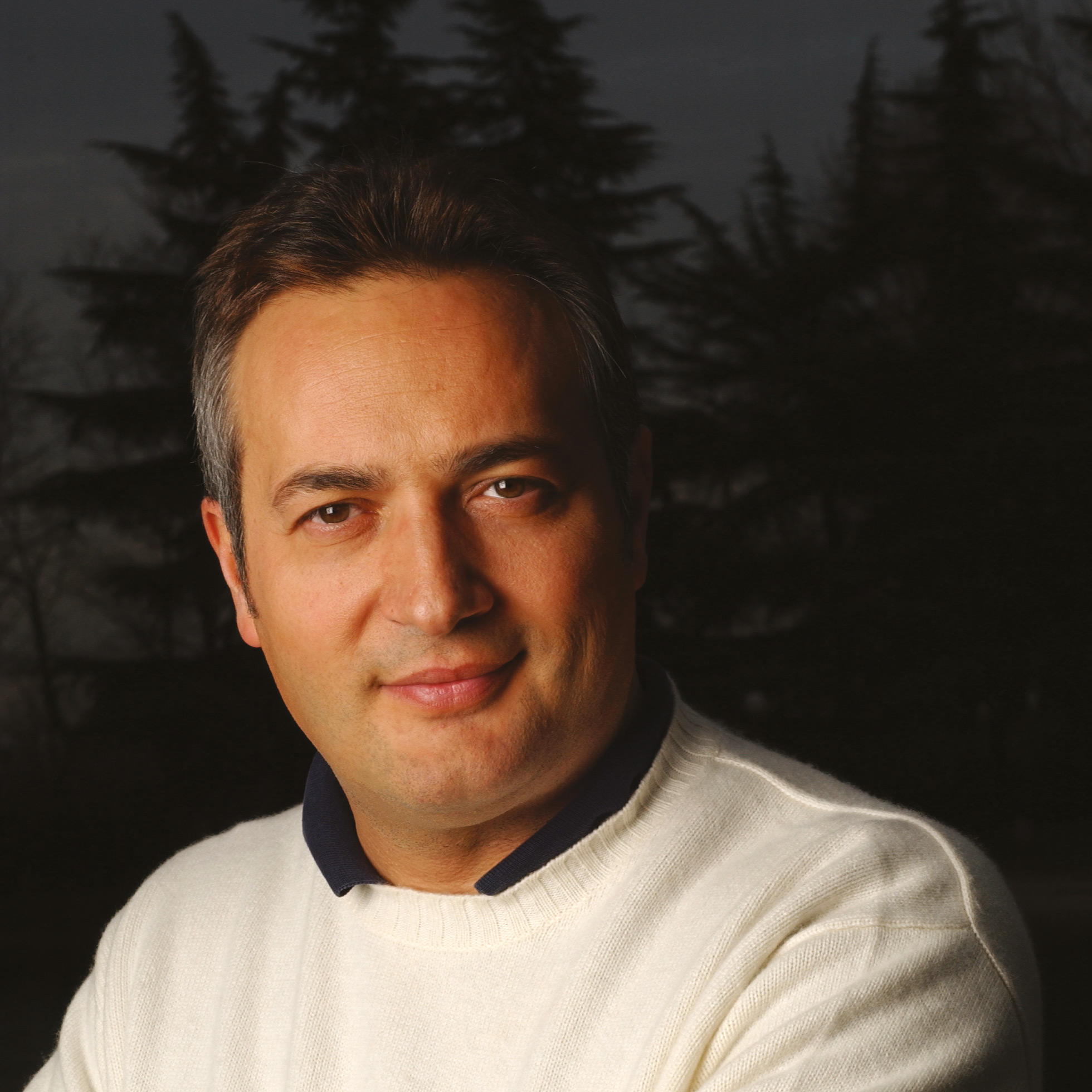The relationship between crime news and the health of a society mirrors the relationship between the interpreter’s ideas and reality. However, if we take a step beyond this journalistic pessimism and are not afraid of clichés, let’s examine what Italian crime news from this summer tells us beyond the complexity of the facts themselves.
By juxtaposing contrasting murders, such as Sharon Verzeni’s case and the family killed by the seventeen-year-old son in Paderno Dugnano, it emerges that evil, at least geopolitically, is not where one might expect. That is, in insecure and often degraded metropolises, with lots of people, many stories, and often organized crime. There, statistics talk about latent insecurity and human relationships under pressure, even from economic factors.
Instead, evil is present even in Italian provinces, in small communities generally peaceful and not accustomed to violence. The underlying theme is this: a society without geographical and anthropological boundaries, that of the internet, tends to shape and spread global cultural models and hierarchies of values or devaluation. Paradoxically, the malaise of living has become “universal.” Not that Italian provinces have not generated terrible stories—such as Cogne and Novi Ligure, where a child was killed by the mother and a mother and child were killed by the older daughter and her young boyfriend. However, something has changed in recent years; it’s as if social and mental suffering no longer has boundaries and can no longer find an outlet or help within individual communities.
We have already discussed, in the case of Sharon, the mental illness of the killer, known but without any intervention; we have talked about the terrifying communicative breakdown within bourgeois families. The message for everyone, including the political world, is that something at a general level needs to be adjusted: more focus on the individual, less egoism, less business-driven attitudes, less self-centeredness, and less inner and outer solitude. Perhaps…


